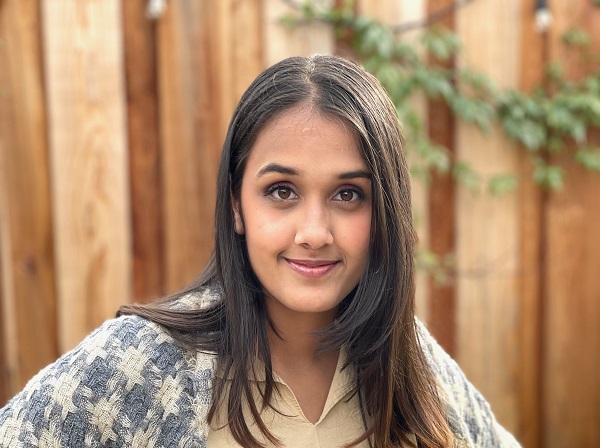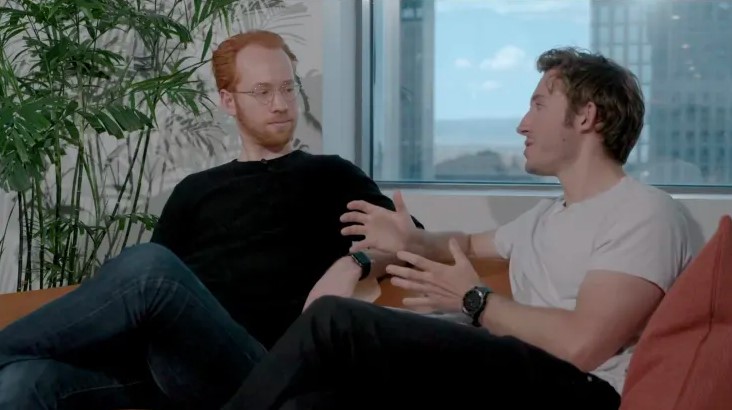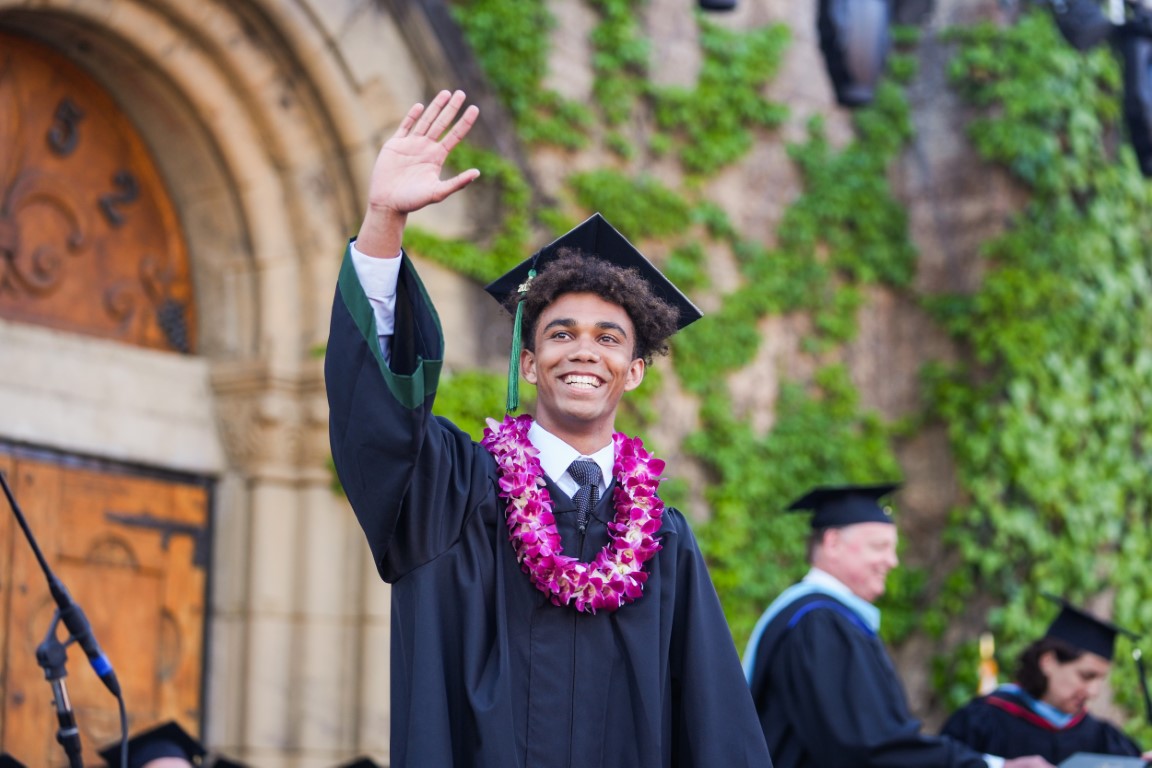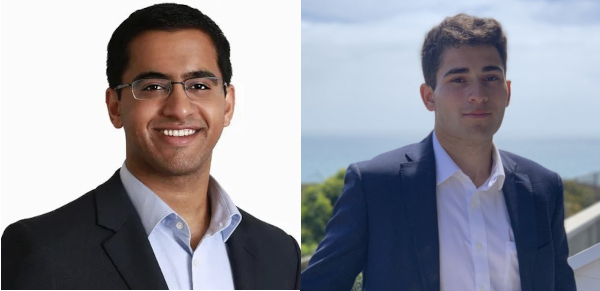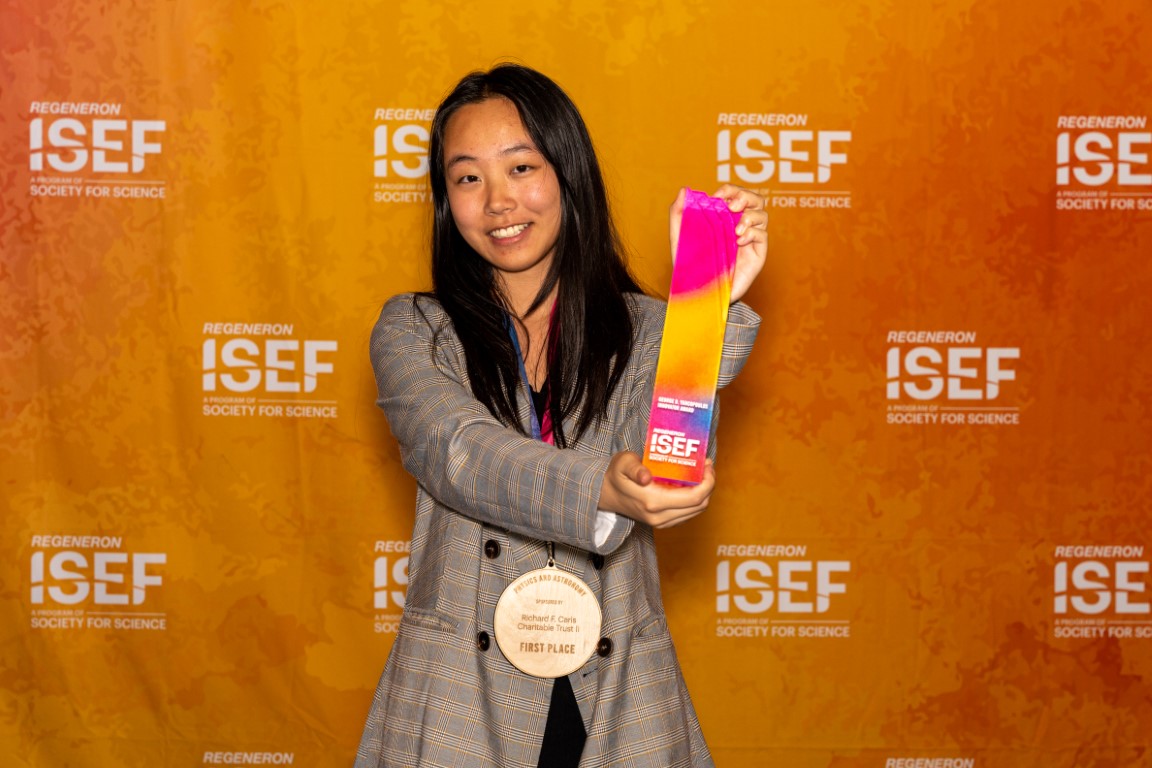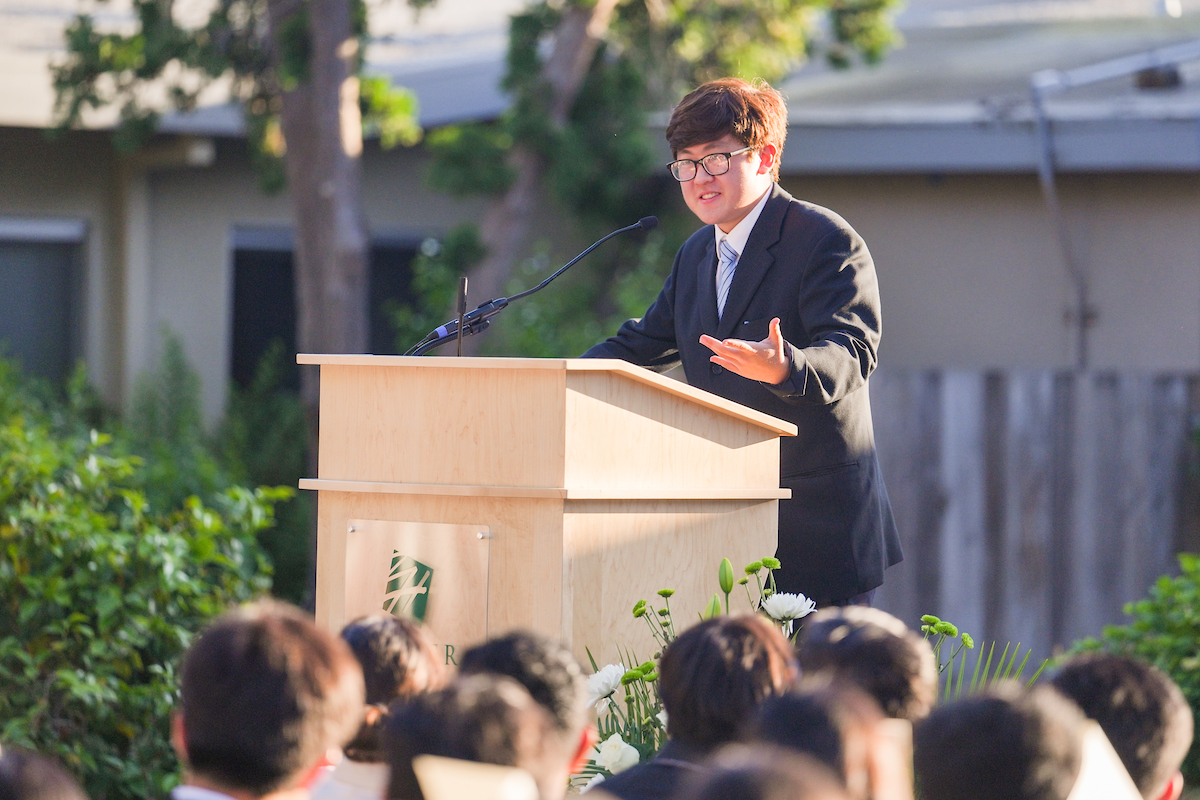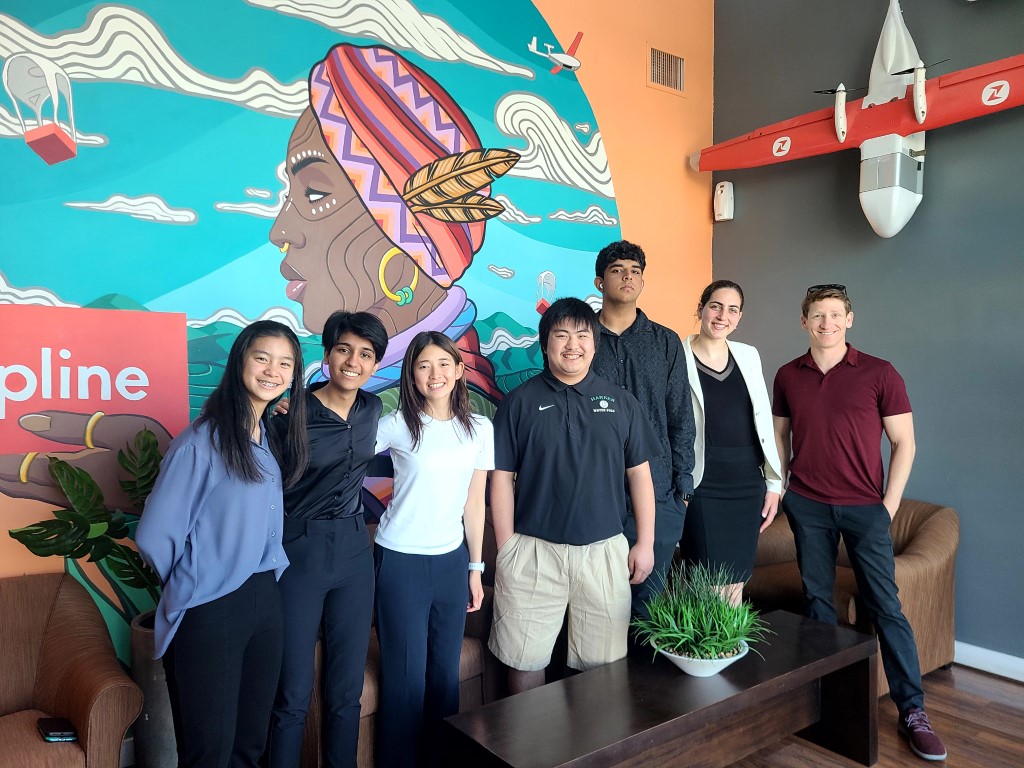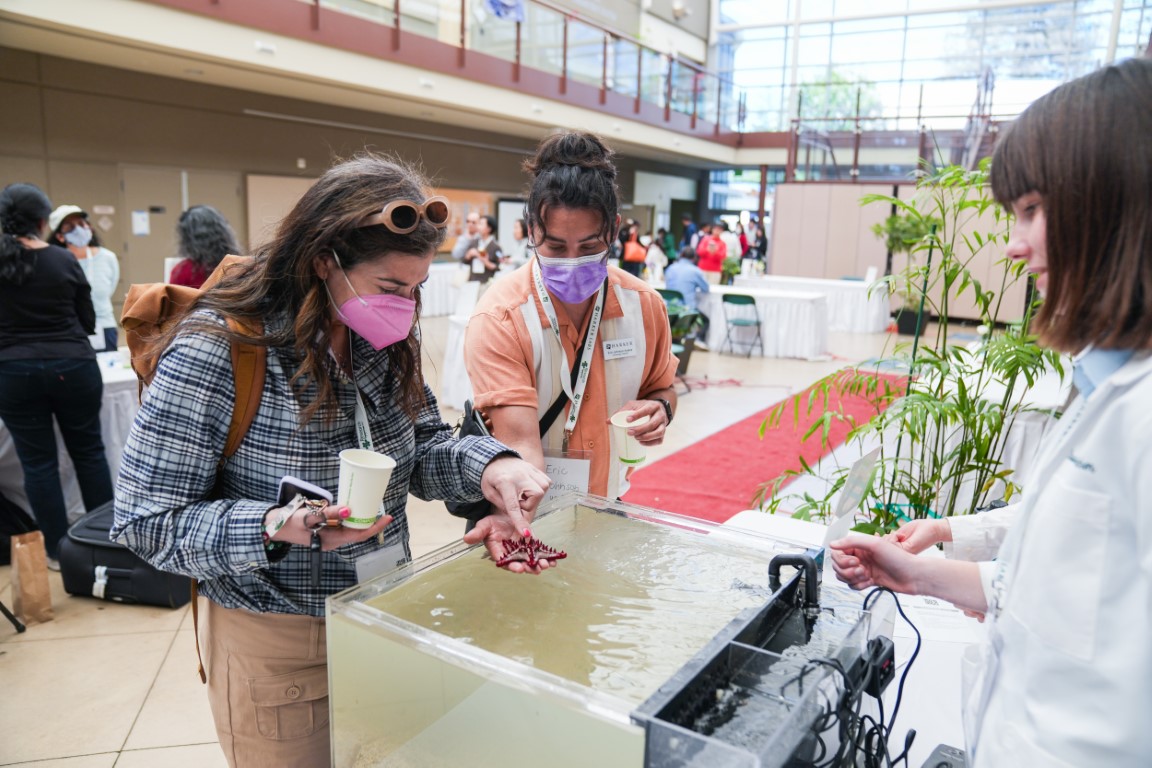alumni-express
Drew Goldstein ’13 featured by CNBC for health care work
Drew Goldstein ’13 was recently featured in a CNBC story about how his team’s software is helping hospitals process greater numbers of incoming patients.
Graduation ceremony gives Class of 2023 a grand send-off
Families and friends of the Class of 2023 filled the rows at the Mountain Winery on May 18 for the 2023 graduation exercises.
Two alumni named to Forbes 30 Under 30
Late last year, Murali Joshi ’12 and Michael Sikand ’17 Harker alums were named to Forbes’ 30 Under 30.
[Updated] Annmaria Antony named 2023 Presidential Scholar
Recent graduate Annmaria Antony was named one of 161 U.S. Presidential Scholars in the 2023 U.S. Presidential Scholars Program.
Junior wins top award at int’l science and engineering fair for discovering exoplanet
Junior Kaitlyn Wang received the George D. Yancopoulus Award in the Regeneron International and Engineering Science Fair.
Class of 2023 receives fond farewell at baccalaureate ceremony
The Class of 2023 and the juniors were joined by Harker parents and faculty to bid farewell to the senior class and welcome the Class of 2024 into their new role as school leaders.
BE students visit Zipline HQ, meet alum Anika Banga ’18
Business and entrepreneurship students visited the Half Moon Bay headquarters of Zipline, which manufactures and operates delivery drones for medical supplies as well as offering services for restaurants, food delivery and more.
17th Research Symposium promotes “STEM for All”
The 17th Harker Research Symposium on April 15 brought hundreds from the Harker community to the upper school campus to view student research, hear from fascinating speakers, explore a variety of booths and exhibits and more.
Five students recognized in spring National Student Media Contest
Five Harker students were awarded in the Journalism Education’s spring 2023 National Student Media Contest.
